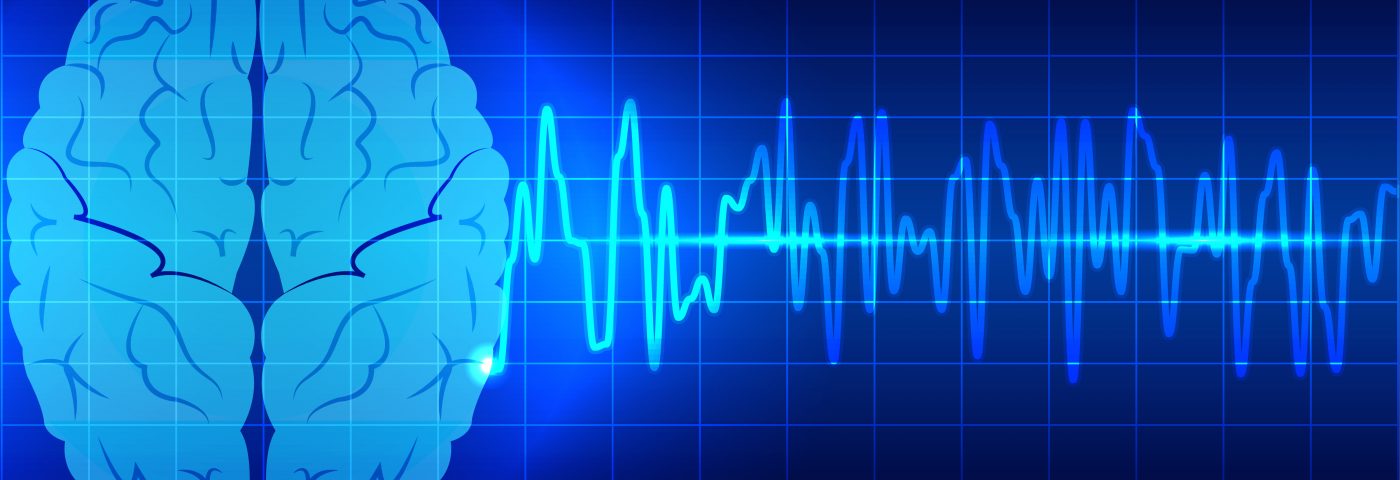Researchers at the LSU Health New Orleans’ Neuroscience Center of Excellence and colleagues have delivered, using a mouse model, a hit to epilepsy. They found a pathway involved in the disorder and developed new neuroprotective compounds against one of its components that might be used to prevent the disease in high-risk patients.
Ther study, “Dysfunctional epileptic neuronal circuits and dysmorphic dendritic spines are mitigated by platelet-activating factor receptor antagonism,” was recently published in Scientific Reports.
Seizures often have damaging effects on dendritic spines, which are specialized structures that contain neurotransmitter receptors and signaling systems that allow brain cells to communicate with each other. Usually, dendritic spines control cognitive processes and neuronal responses, but in epilepsy the structures are damaged and rewire incorrectly, leading to the formation of hyper-sensitive brain circuits that lead to seizures.
Platelet-activating factor (PAF), which functions through its receptor PAF-r, is often involved in brain plasticity and in the signaling pathways of neurotransmission – and appears to be involved in the hyper-excitability following seizures.
In the new study, researchers demonstrated that PAF expression was increased in an experimental model of epilepsy, and the depletion of PAF-r reduced epilepsy progression.
Importantly, the investigators studied several LAU compounds and found that they effectively blocked PAF-r signaling – which protected the dendritic spines, decreased the hyper-excitability, and lessened seizure susceptibility and onset. The results were observed up to 100 days after treatment, leading researchers to believe that epilepsy development had been arrested.
The findings may lead to the development of new therapeutic strategies that prevent seizures by actually modifying the aberrant connectivity found in the brain of epileptic patients.
“Future clinical studies would evaluate the potential application of the compounds that we have developed and/or the mechanisms that we have discovered that are targeted by these compounds in the development of epilepsy,” Dr. Nicolas Bazan, Boyd professor and director of LSU neuroscience center, said in a press release.
Bazan concluded: “Most of the anti-epileptic drugs currently available treat the symptom – seizures not the disease itself. Understanding the potential therapeutic usefulness of compounds that may interrupt the development process may pave the way for disease-modifying treatments for patients at risk for epilepsy.”


